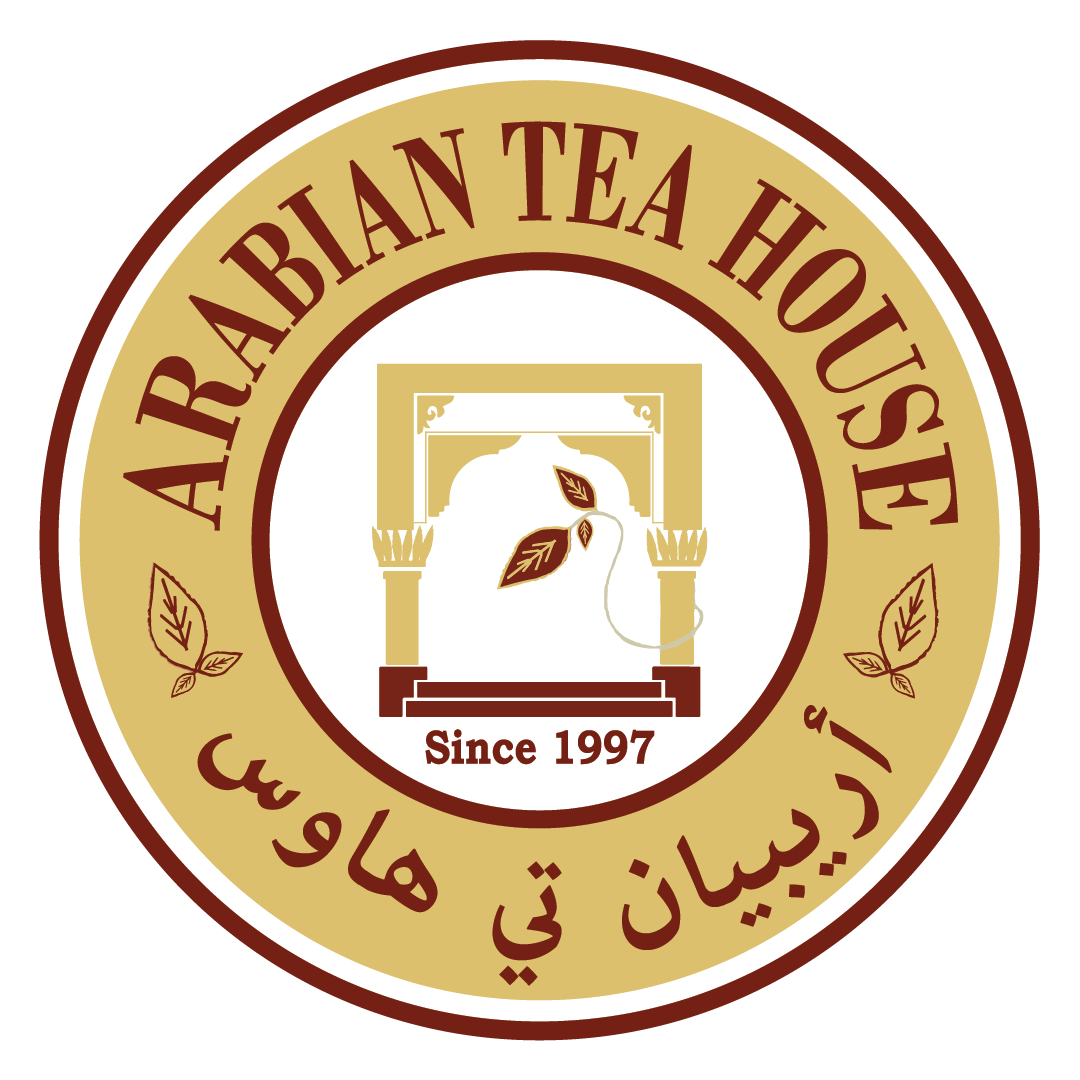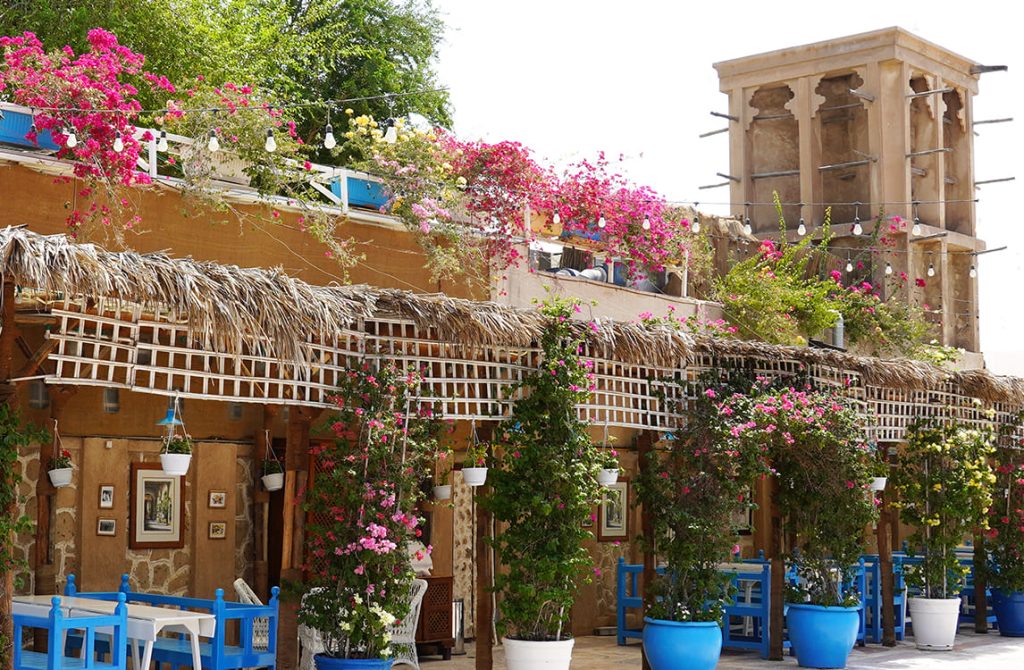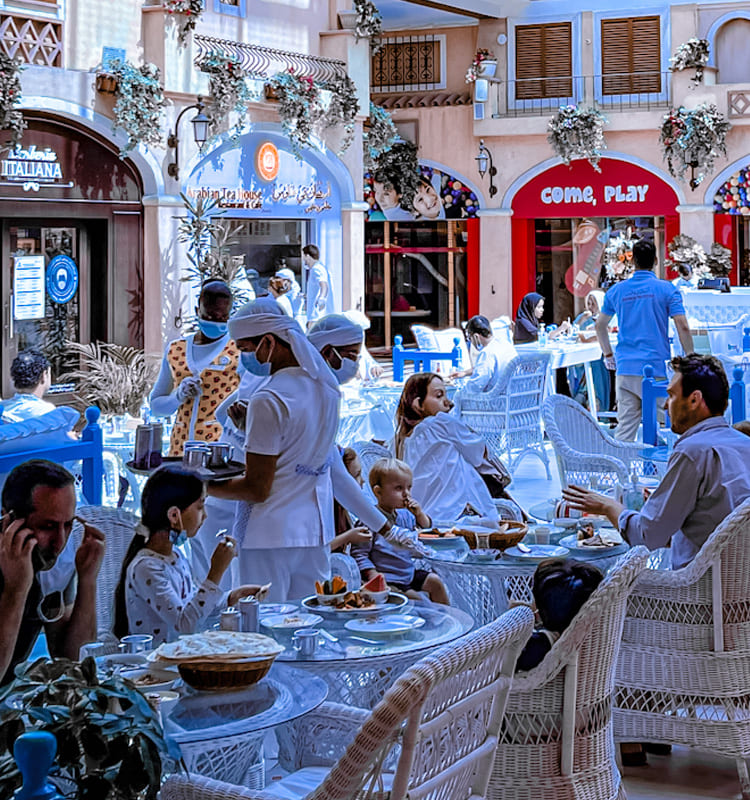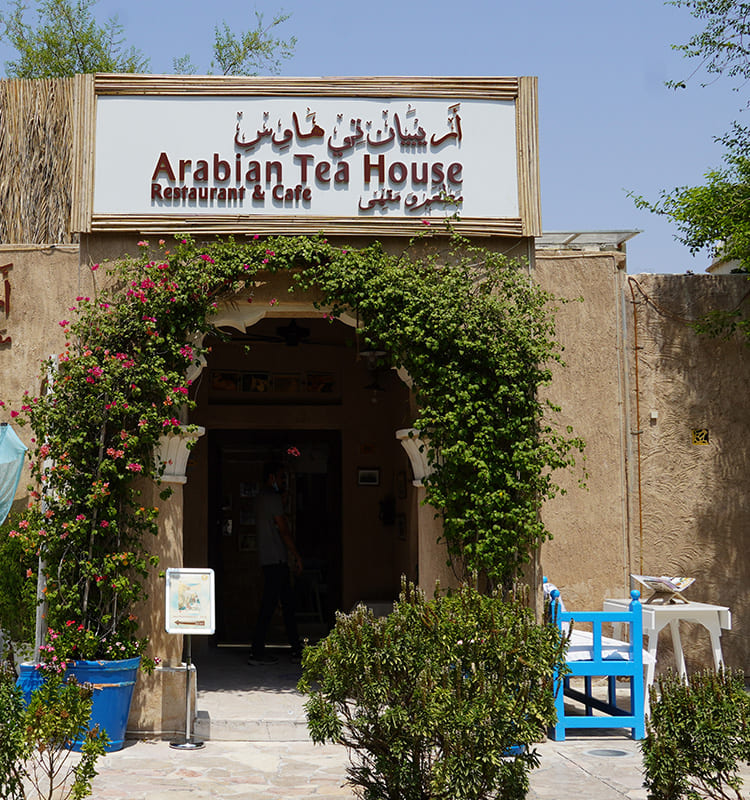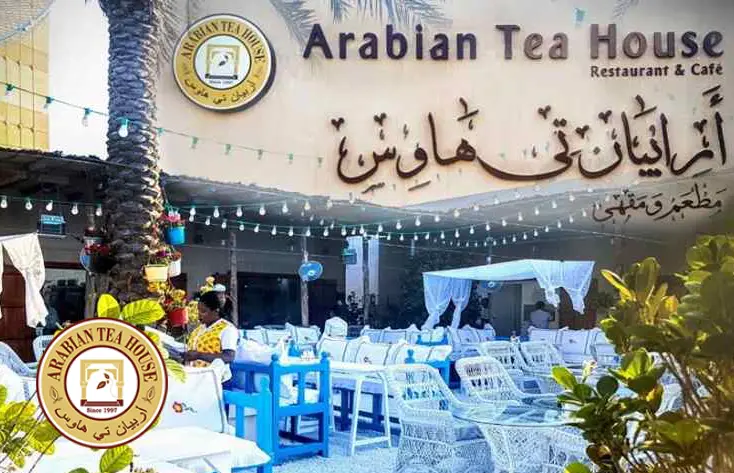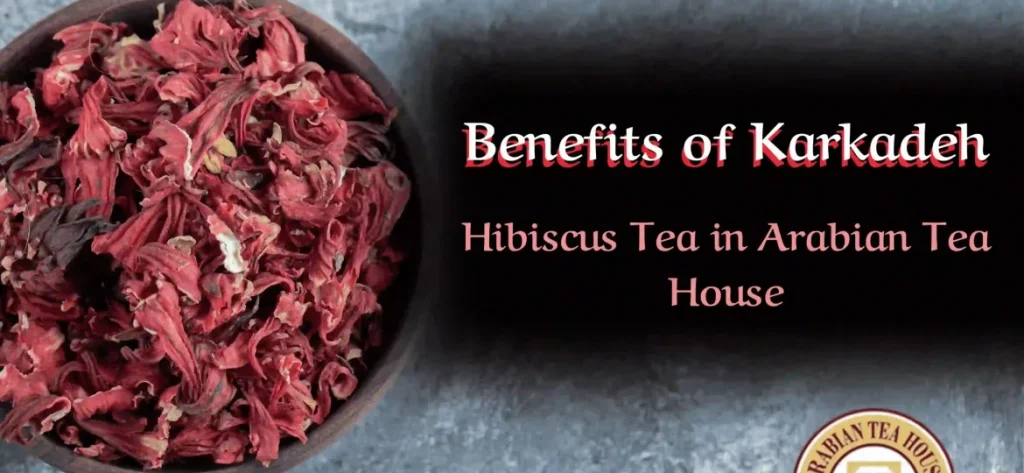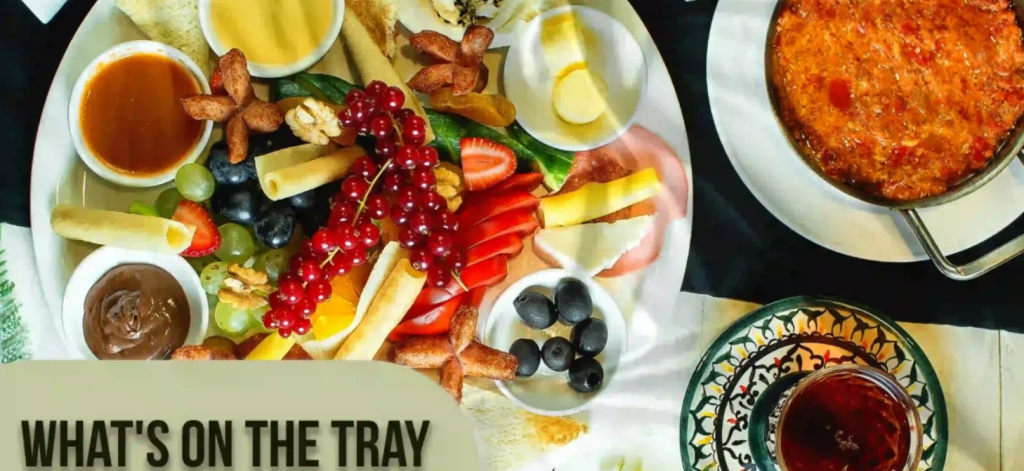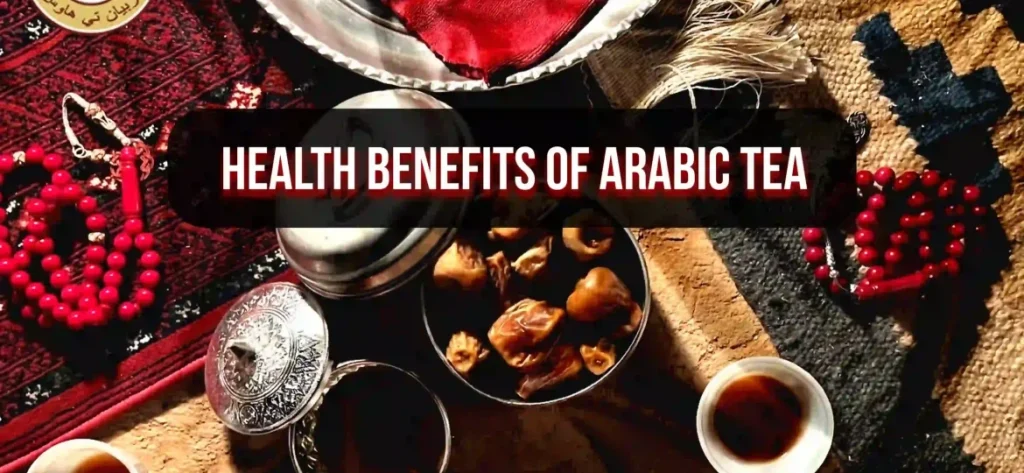What Are Machboos and Luqaimat | Emirati Food Guide

The United Arab Emirates is celebrated for its modern skylines, rich traditions, and vibrant culture — but one of its most cherished treasures lies in its traditional cuisine At Arabian Tea House.
Among the standout dishes that define Emirati food culture are Machboos and Luqaimat, two flavorful staples that hold deep cultural and culinary significance. Whether you’re a food enthusiast visiting the UAE or simply curious about Arab cuisine, understanding what Machboos and Luqaimat are offers an authentic taste of Emirati identity. In this guide, we explore their origins, ingredients, preparation, and the timeless traditions they represent
What Is Machboos?
Machboos (also spelled Majboos or Makbous) is a hearty rice-based dish popular across the Gulf, but it holds a special place in the heart of every Emirati kitchen. While it shares similarities with dishes like biryani and kabsa, Machboos has its own unique spice blend and cooking technique that set it apart.
Ingredients and Preparation
At its core, Machboos consists of long-grain basmati rice, cooked with meat or seafood, vegetables, and a rich blend of Emirati spices.
Common ingredients include:
-
Chicken, lamb, or fish
-
Onions, garlic, and tomatoes
-
Baharat spice blend: cardamom, cinnamon, cloves, turmeric
-
Black lime (loomi) and dried lemon for signature tanginess
The dish begins by sautéing onions, garlic, and tomatoes with the spices. The meat is then added and simmered until tender. Once cooked, rice is layered into the same pot, absorbing all the rich flavors as it steams to perfection.
Cultural Significance
Machboos is more than just a meal—it’s a symbol of hospitality and family unity. In Emirati households, it’s often served at weddings, Eid gatherings, and weekend family meals, typically presented on large communal platters.
The aroma of simmering spices fills the home long before it hits the table, evoking memories of celebration, warmth, and tradition.
What Is Luqaimat?

If Machboos is the soul of an Emirati feast, Luqaimat is the sweet ending that brings everyone to the table with joy.
These crispy golden dumplings are small, airy, and lightly sweet—crunchy on the outside, soft and fluffy inside. The name “luqaimat” comes from the Arabic word luqma, meaning “bite,” making them the perfect dessert to enjoy by the handful.
Ingredients and How They’re Made
Luqaimat are made with a simple batter, traditionally consisting of:
-
Flour
-
Yeast
-
Sugar
-
Yogurt or milk
-
Saffron and cardamom for flavor
After the dough rises, small portions are deep-fried until golden brown, then immediately drizzled with date syrup (dibs) or honey, and topped with sesame seeds for extra texture.
When They’re Served
While Luqaimat are enjoyed all year round, they’re especially beloved during Ramadan, where they appear on almost every iftar table. Their comforting sweetness perfectly complements the savory dishes that precede them.
They’re also served at weddings, national celebrations, and traditional afternoon teas, making them a dessert that carries both joy and nostalgia.
Tradition Meets Modern Creativity
Though deeply rooted in heritage, both dishes have inspired modern interpretations by today’s Emirati chefs.
-
Machboos is now made with vegan proteins, quinoa, or health-conscious twists while preserving its signature spice profile.
-
Luqaimat gets creative with rose water, pistachio cream, or even chocolate sauces — adding flair while honoring tradition.
These innovations reflect how Emirati cuisine continues to evolve while staying connected to its cultural core.
Where to Try Machboos and Luqaimat
For a truly authentic experience, head to Arabian Tea House — one of the UAE’s most iconic Emirati restaurants.
-
Our Machboos is prepared using inherited family recipes, rich with spices and served just as you’d find in a local Emirati home.
-
Our Luqaimat, freshly fried and topped with pure Emirati date syrup, is the perfect pairing with a warm pot of Arabic mint tea.
Whether you’re dining in Dubai, Sharjah, or even our overseas location in Montenegro, Arabian Tea House brings the taste of tradition to every guest.
Final Thoughts
So, what are Machboos and Luqaimat? They are more than just traditional Emirati dishes—they are stories on a plate, passed down through generations, carrying the essence of hospitality, identity, and culture.
Whether you’re savoring the spiced richness of Machboos or indulging in the crispy sweetness of Luqaimat, you’re experiencing a taste of the UAE’s soul.
At Arabian Tea House, we are proud to serve these Emirati treasures with authenticity and love—just as they’ve been made for generations.
FAQs About Machboos and Luqaimat
Q: Is Machboos the same as biryani?
A: Not exactly. While both are spiced rice dishes, Machboos is a one-pot dish using loomi and Emirati baharat, unlike biryani, which is layered and uses different spices.
Q: What is Luqaimat traditionally topped with?
A: Date syrup (dibs) or honey, often with a sprinkle of sesame seeds.
Q: Are these dishes served all year round?
A: Yes, although they are especially popular during Ramadan and on festive occasions.
Q: Can Luqaimat be made gluten-free?
A: Yes. Some chefs now use gluten-free flour, though traditional recipes use all-purpose flour.
Q: Where can I try authentic versions in the UAE?
A: Visit Arabian Tea House for a true taste of Machboos and Luqaimat, prepared with heritage recipes and warm Emirati hospitality.
